For purists, Yogg represents a reviled new wrinkle that’s been infecting Blizzard’s game design. Hearthstone’s classic set had nothing even slightly resembling the variance introduced by Yogg. Instead you had cards that were right in line with the mechanics of your average tabletop game. It wasn’t until recently that Team Five started considering the unlimited possibilities of a digital canvas.
It really is a shame that Yogg-Saron is as powerful as he is. If his effect was just a little less good he’d be—essentially—a late-game comeback mechanism for control decks. That’s great! We all regard a slow, complicated control meta as the platonic ideal for Hearthstone, and a card that fits that utility would absolutely come in handy. Seriously, imagine if all Yogg did was provide an effective 10-mana shutdown to aggro. People would be totally fine with that right? In some ways I think we’ve been waiting for Blizzard to print a card like that since beta.
Unfortunately that hasn’t been the case. Yogg-Saron is without a doubt the most powerful card released in the Whispers of the Old Gods set, and it does far more than just squash meta. At it’s most egregious, Yogg can semi-reliably win games all by itself. Yes, there’s always the chance you triple-Pyroblast yourself in the face, but it’s far more likely to shake up the board state, draw you a few cards, and maybe put some secrets in play. There are also the occasions where you get double Call of the Wild and force your opponent to immediately concede, uninstall, and maybe give up video games forever.
It started small (how about a beast that draws you a random beast?) but now we’re at the point where we’re literally dealing with completely unpredictable, unavoidable random effects. I was watching Andrey “Reynad” Yanyuk’s stream the other day, and after losing to a particularly unfair Yogg combo, he alt-F4’d and booted up the classic kids adventure game Spy Fox. His reasoning? “This wasn’t the game I started playing.”
And I totally feel that sentiment! James “Firebat” Kostesich recently put together his own custom tournament called Batstone that banned some of Hearthstone’s worst offenders like Tuskarr Totemic, Yogg, and Barnes. If you take this game seriously, and are trying to reliably win tournaments to make money, losing to a completely aimless Fireball might make you pretty mad. However, as a viewer, I can’t help but love it when Yogg hits the table.
To me, Yogg-Saron is like being short stacked in poker. You bide your time with the few big blinds left until you get a decent hand to go all in on. “Okay, king/nine, let’s go.” You cross your fingers and hope the flop is good enough to double-up against whoever calls you. That’s probably the most exciting part of poker. You’re relying on dumb black-and-white odds to try and get you back in the game. That’s basically what happens when you’re hoping one of Yogg’s 20-or-so spells turns the tide.
Unfortunately unlike poker, Yogg lacks a clean circumvention. You can’t just not call it or something. In that sense I can comprehend why it’s so infuriating for pro players, it just also isn’t shocking to me that Blizzard hasn’t taken measures to ban it from tournaments. Obviously part of that is just sluggish corporate policy and “not wanting to set a precedent” (remember, this was the same company that printed Eater of Secrets after Secret Paladin became obsolete). But I also think they know what makes Hearthstone a fun spectator esport. Octavian “Kripparrian” Morosan recently said in a video that if we just didn’t take the game’s esports scene so seriously, we’d probably have a lot more fun. And that’s true! I don’t get frustrated a player I like loses at poker because… well, that’s poker. Right now, losing to a bad Yogg is just Hearthstone. That’s not exactly a new thing.
Yogg-Saron is a fun card, and Blizzard has reminded us over and over again that that’s the only thing that truly matters to them. This is a casual card game that strips out the more complex decision making you might find in Netrunner or Doomtown. You totally have the right to be dissatisfied with Hearthstone’s philosophy. But you shouldn’t be all that surprised.



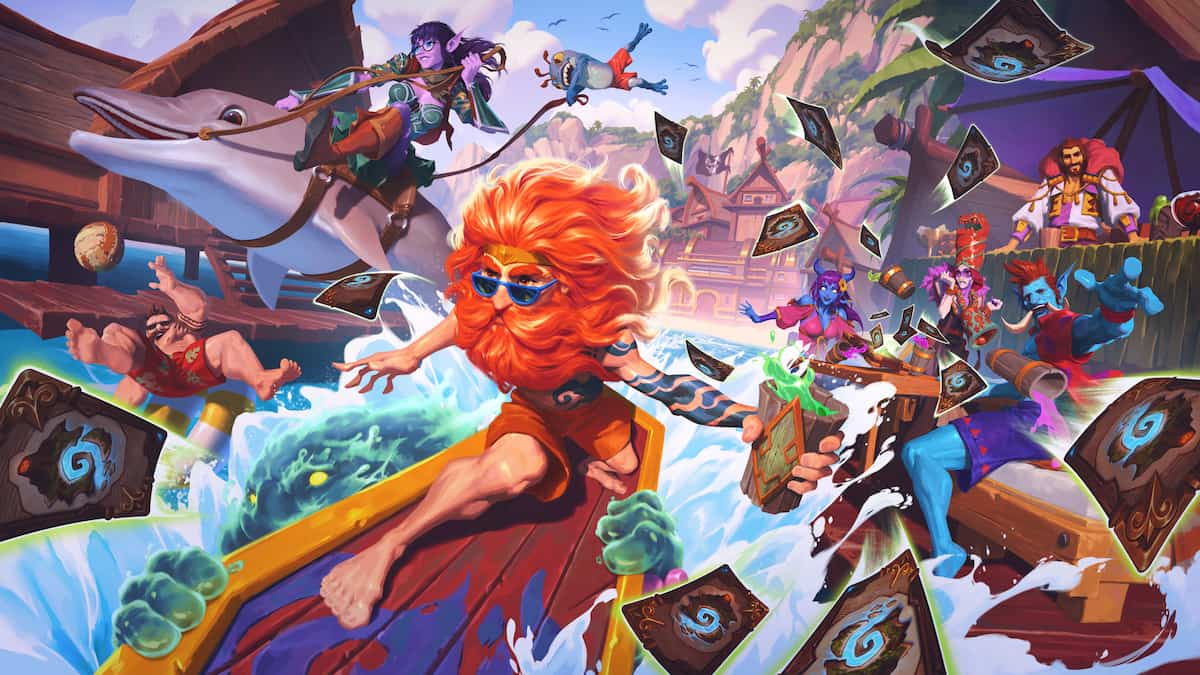
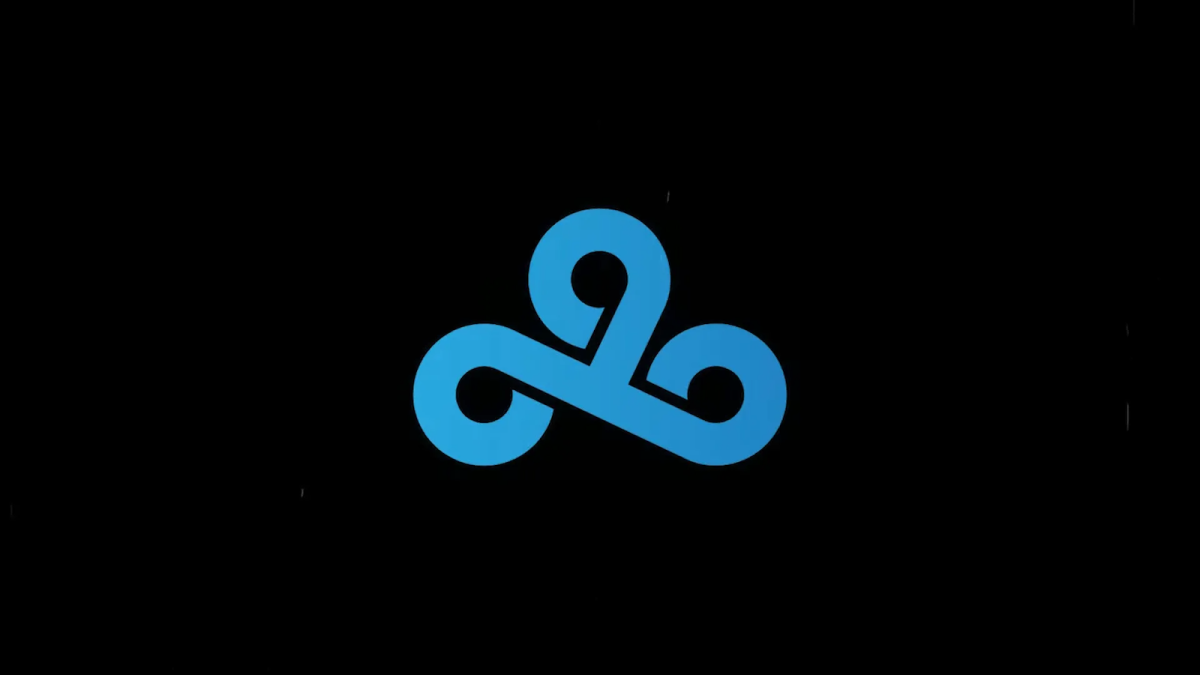
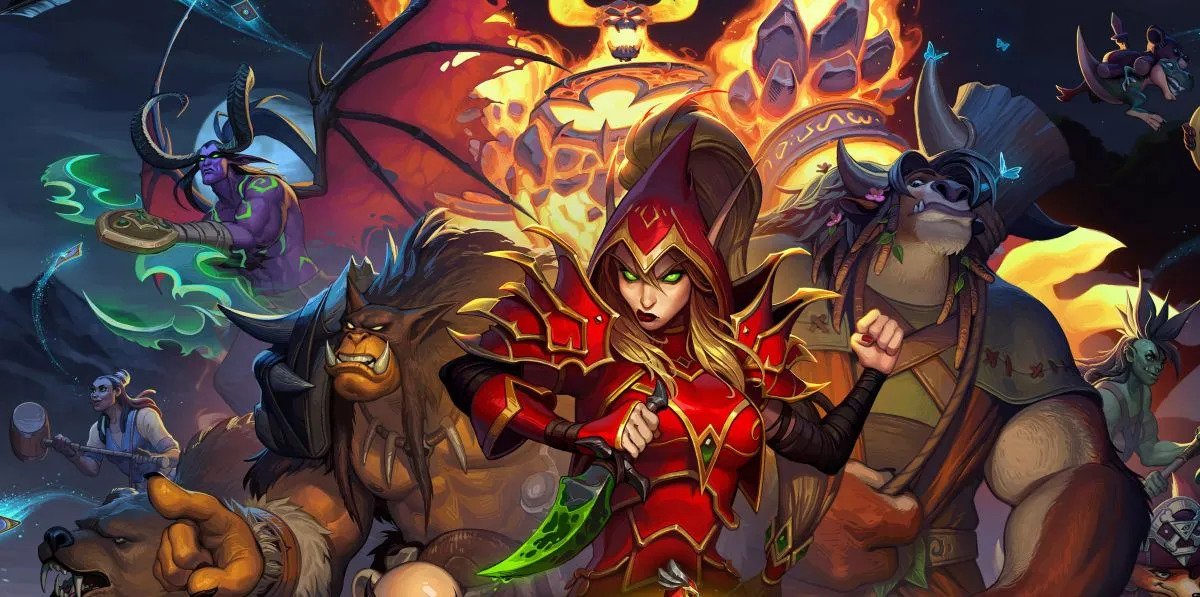
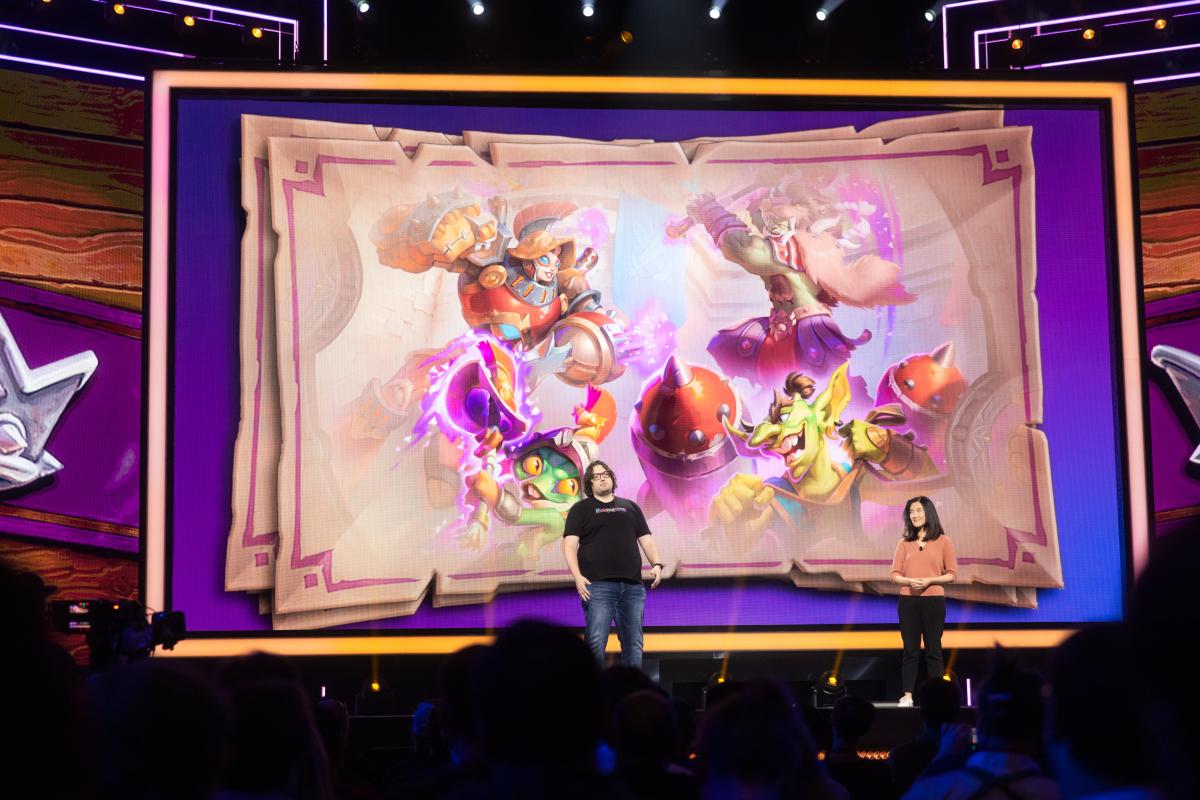
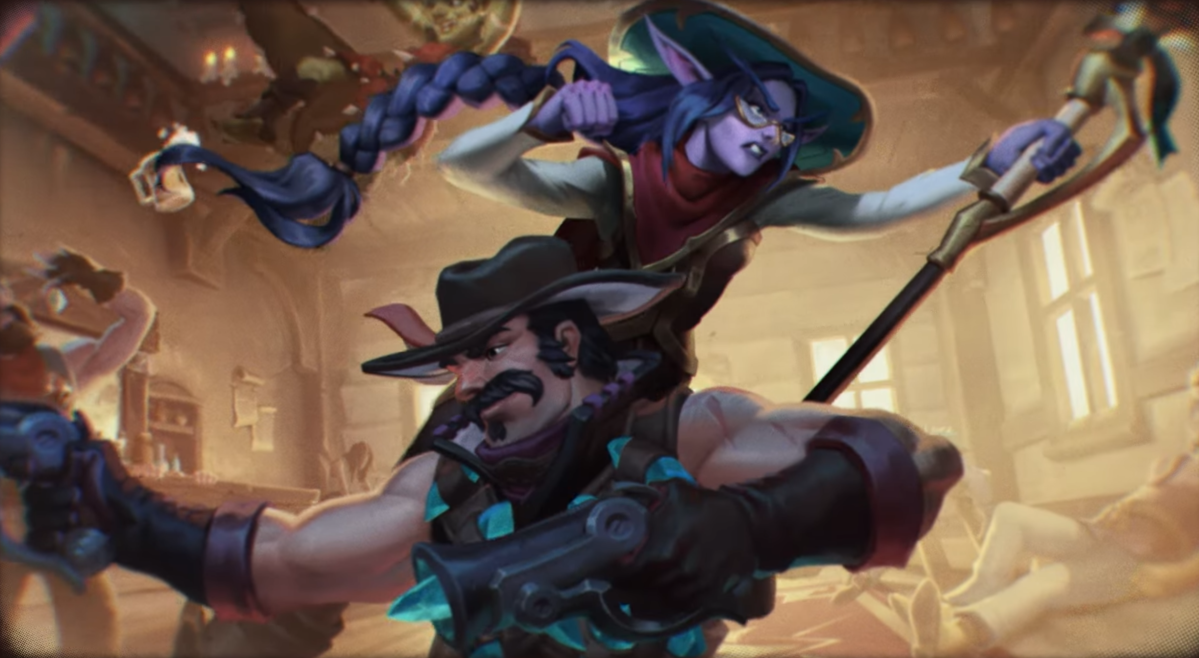
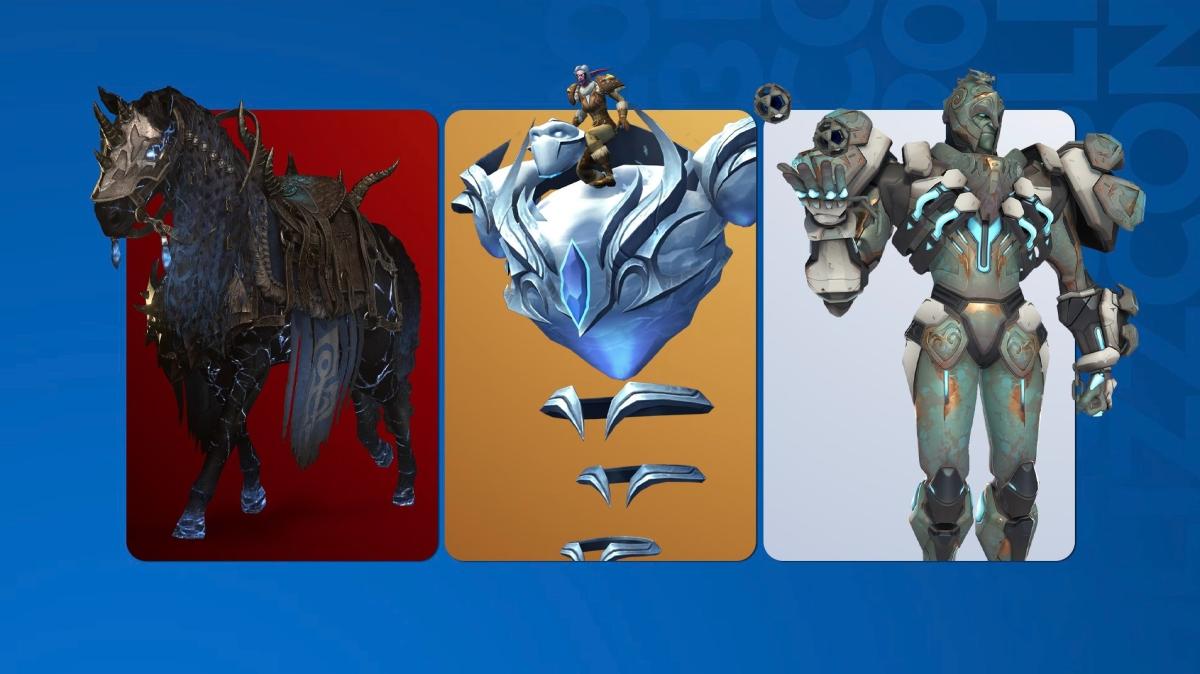
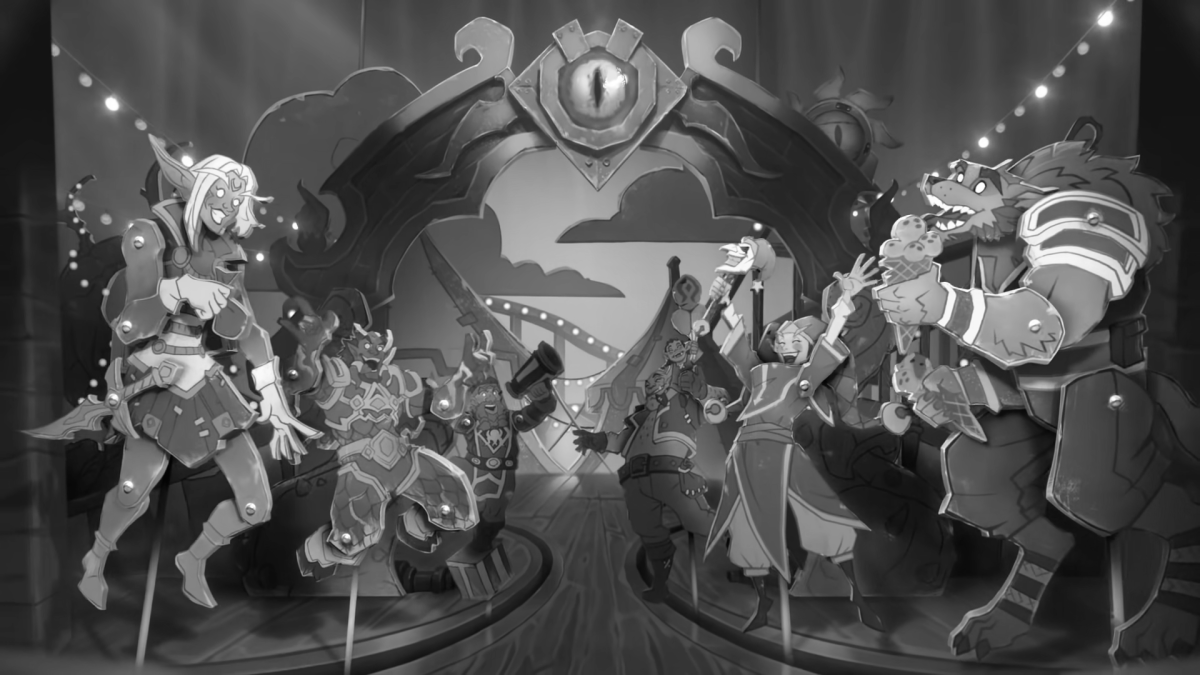
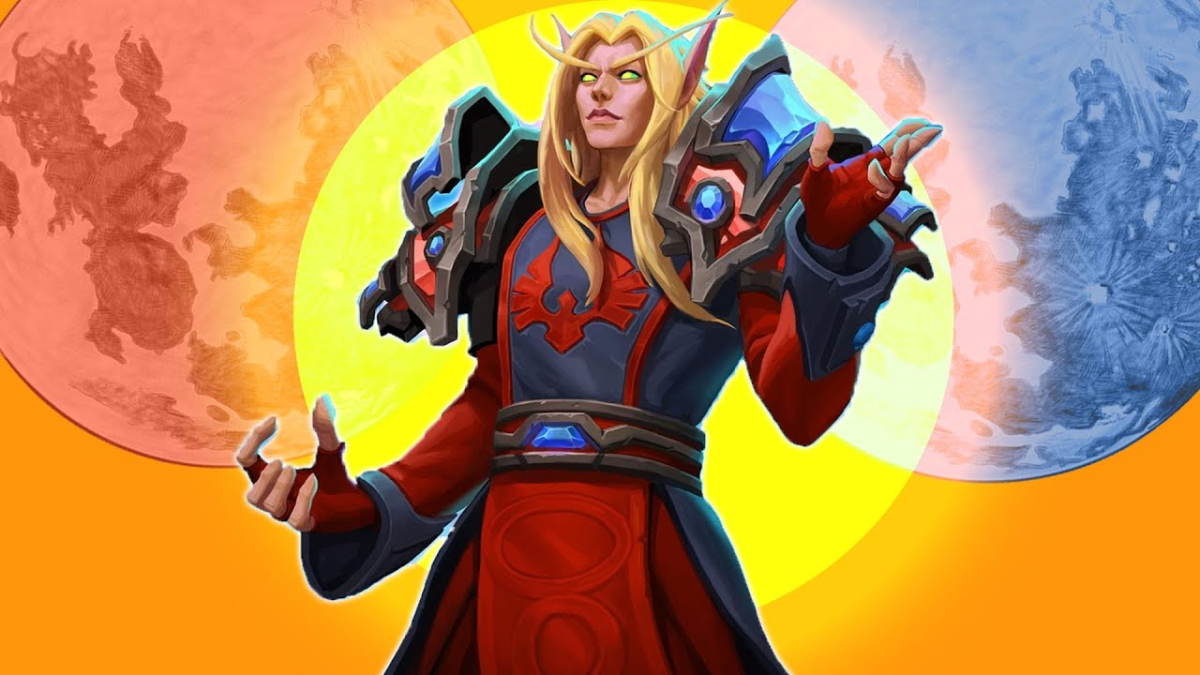
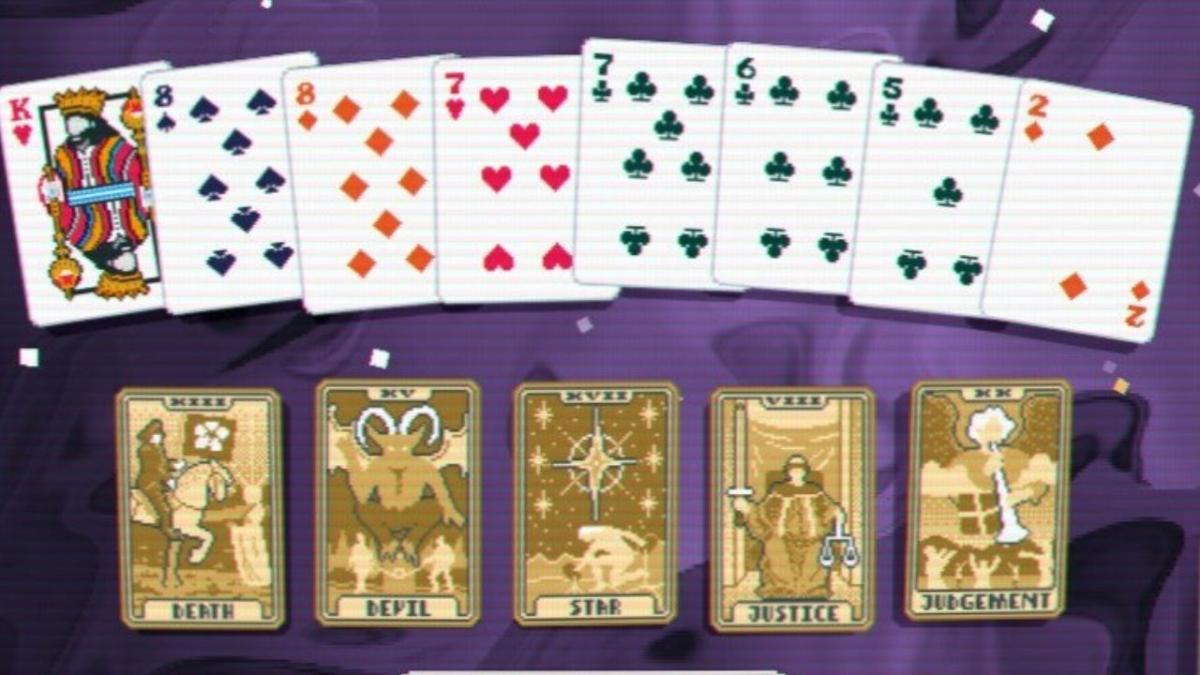

Published: Sep 25, 2016 10:00 am